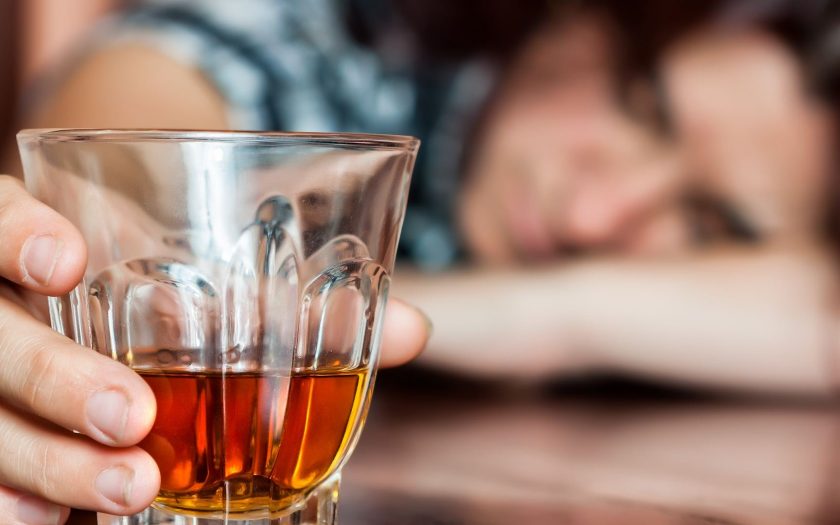Alcoholism in its natural course proceeds in three stages successively replacing each other. The transition of one stage to another occurs smoothly and imperceptibly. This disease never starts suddenly.
-
Initial stage.
A person likes alcohol, but does not know how to drink it. Experiencing alcohol cravings, he drinks and does not know when to stop. There comes a loss of situational and quantitative control. The state of health the next day is satisfactory, no hangover yet. Amnesia may appear. This is not “a professional”, but already “a high-level amateur”. At this stage, as a rule, people do not quit drinking alcohol, because they are still in pretty good health. The first stage lasts several years; the transition to the second is almost inevitable.
-
Stage 2.
The symptoms of the first stage joined by the main symptom of alcoholism – withdrawal symptoms. Withdrawal symptoms add to the symptoms of the first stage. In milder cases, a person drinking alcohol is able to endure until the evening and drink only after work. The next stage begins when a person cannot endure until evening and gets drunk at lunchtime. In the future, and until lunchtime, there is no more strength to endure, and the intoxication occurs in the morning, and over time, earlier and earlier. Drunkenness early in the morning or even at night indicates that a person passes to the next stages. All this provokes inevitable problems in the family and at work.
Life becomes uncontrollable, but it is scary to admit it. Alcohol occupies the main place in the mind; without alcohol, life seems meaningless. Family, children, work and everything else recedes into the background.
Some people drink alcohol almost constantly, others periodically, but in both case the disease progresses.
-
Stage 3.
Binge drinking, alcoholic damage of the liver and other organs, impotence, epileptic seizures, alcoholic psychosis, memory impairments, encephalopathy, polyneuritis, dementia, high mortality manifest at this stage,. This is not an amateur, much less a professional, this is a calamity. Not only the best years are irretrievably lost, but, perhaps, the whole life. Oddly enough, but even at this stage, they sometimes quit drinking, usually at a very old age and too late to have time normally enjoy a normal life.
Some people become cruel and even crazy after drinking very small doses of alcohol. If a person has no memories of short-term, and even more so, long-term insanity, then such conditions are classified as pathological intoxication. The causes of pathological intoxication are unknown. However, if this happens at least once, something like this can happen at any time, and it is impossible to predict in advance. Thus, the only way to avoid uncontrolled pathological intoxication, which is dangerous for everyone present, is to always stay sober.

